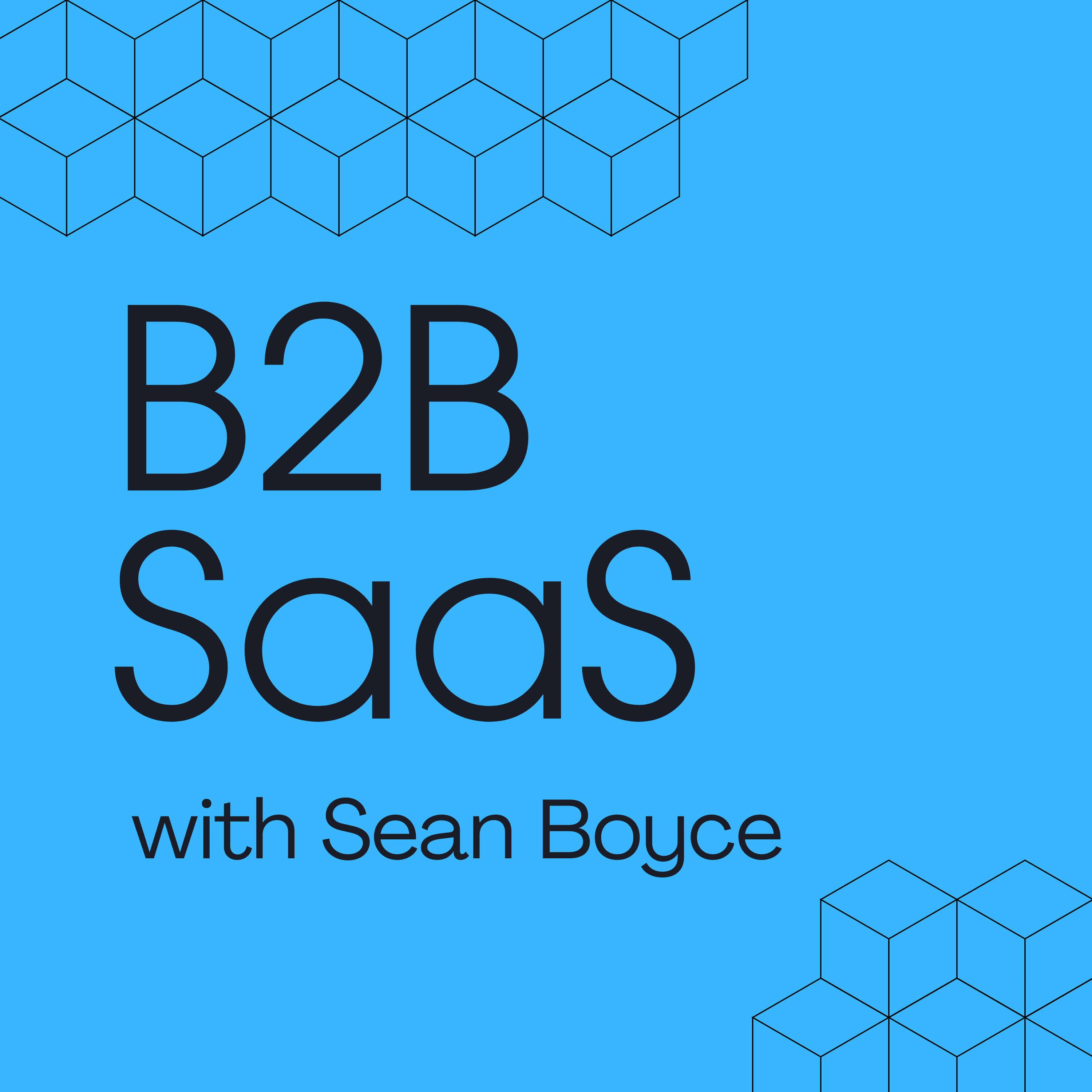Building Your B2B SaaS: Cost-Effective Strategies & Design Patterns
Summary
In this episode, Sean discusses how to build a cost-effective B2B SaaS product, providing insights into hosting environments, development tools, and solution engineering. He explores the use of no-code/low-code platforms for prototyping and recommends transitioning to custom development when there's potential market demand. Sean also shares his experiences with hosting platforms like Heroku and highlights the advantages of powerful options like AWS and Azure.Key Points
Choose tools that help you create an important customer experience and solve problems efficiently.
Simplicity in the solution design makes scaling and development easier.
No-code/low-code tools like Bubble.io are suitable for prototyping, but lack scalability.
Consider hiring developers from platforms like Upwork and test their skills before making a selection.
Transition from builder tools in the zero to one phase to custom engineering for long-term growth.
Hosting platforms like Heroku may offer convenience, but more complex options like AWS provide better performance and flexibility.
It's important to find the right tech help to manage hosting platforms effectively.
Quotes
"Pick whatever helps you create an experience that solves the problem for your target market customer."
"No-code/low-code tools are great for cobbling something together quickly for testing market demand."
"Transition to custom engineering to have the freedom to build and expand your product in the future."
"Hire developers by testing their communication, responsiveness, and ability to deliver on a simple development task."
"AWS offers better performance, flexibility, and versatility compared to platforms like Heroku."
"Simplicity in solution design makes scaling and development significantly easier."
"Finding the right tech help is crucial in effectively managing hosting platforms for your SaaS product."
Free Email Course
How to Build a Profitable AI-Powered B2B SaaS Business for Less Than $750 - https://nxtstep.io/b2bsaas
Connect with Sean
Subscribe to my YouTube Channel - https://www.youtube.com/@nxtstepsean
Connect with me on LinkedIn - https://www.linkedin.com/in/sean-boyce/
Notes generated by Podcast Show Notes (podcastshownotes.ai)

